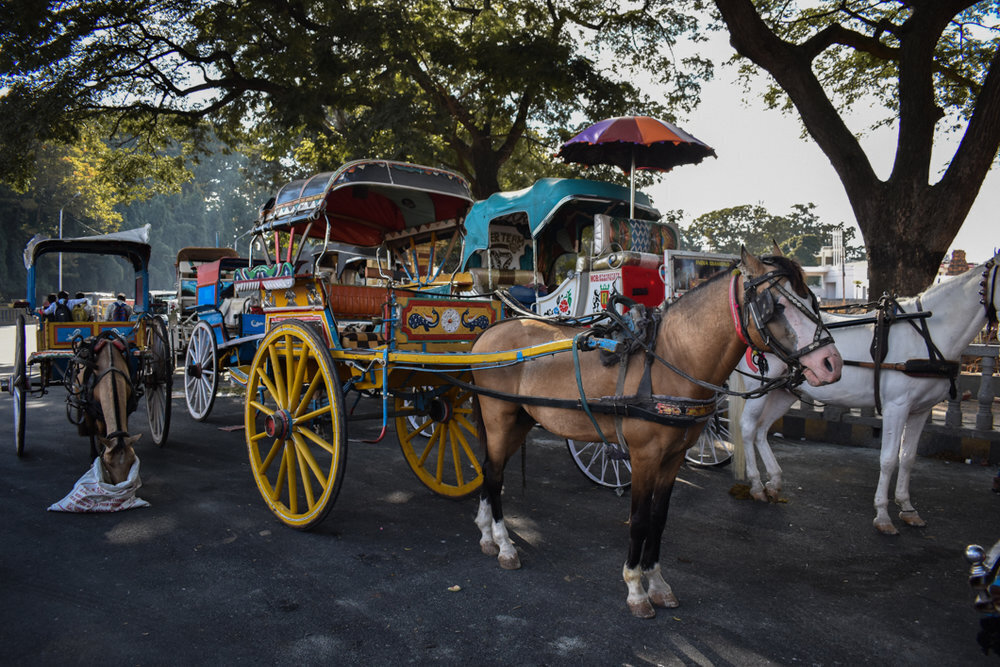Horse-Drawn Carts Replaced by Electric Carriages in Dominican Republic’s Capital
Santo Domingo’s innovative approach is a win for both tourists and horses as the archaic practice of horse-drawn carriages continues to be phased out across the world.
The historic Santo Domingo - the capital city of the Dominican Republic - has replaced its horse-drawn carriages with modern, animal-free electric carriages.
The city’s first female mayor, Carolina Mejía, took a stand against the exploitation of horses used in the carriage industry, by unveiling the new electric carriages last week.
“This beautiful project will give an air of modernity to this city, amid this historic architecture, the tour of the colonial city will be an attraction that adds value to Santo Domingo,” Mejía said at the unveiling.
The new coaches can travel at 20 kilometres per hour, and run for 50 kilometres on a single charge.
As well as keeping horses from the cruelty of the industry, the new initiative will help keep the jobs of the coach drivers.
Current plans for the city will see a total of eleven carriages, with the Mayor modifying even more to take to other tourist towns across the country.
Santo Domingo’s compassionate effort mirrors a global shift away from horse-drawn carriages, which continue to be phased out and replaced with innovative alternatives. Earlier this year, horse-drawn carriage rides were banned throughout the city of Chicago, after a decade’s attempt to regulate the industry failed to help protect the horses.
Meanwhile in New York, a 12-year-old mare named Aisha collapsed and died after being forced to give carriage rides in Central Park back in March. A viral video of her heartbreaking collapse again highlighted the plight of these horses and reignited calls for a ban on the deadly industry.
More stories:
Species Unite
A collection of stories of those who fight the good fight on behalf of animals.




Cambodia has reported 11 human H5N1 infections so far this year as the virus continues to spread across species, raising fears of future human-to-human transmission.